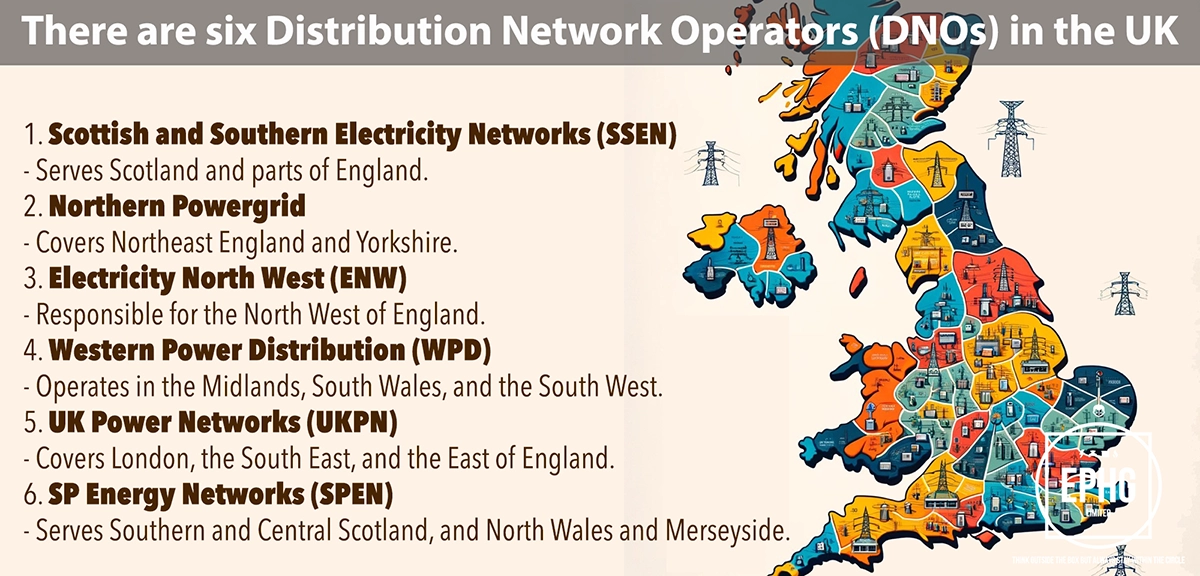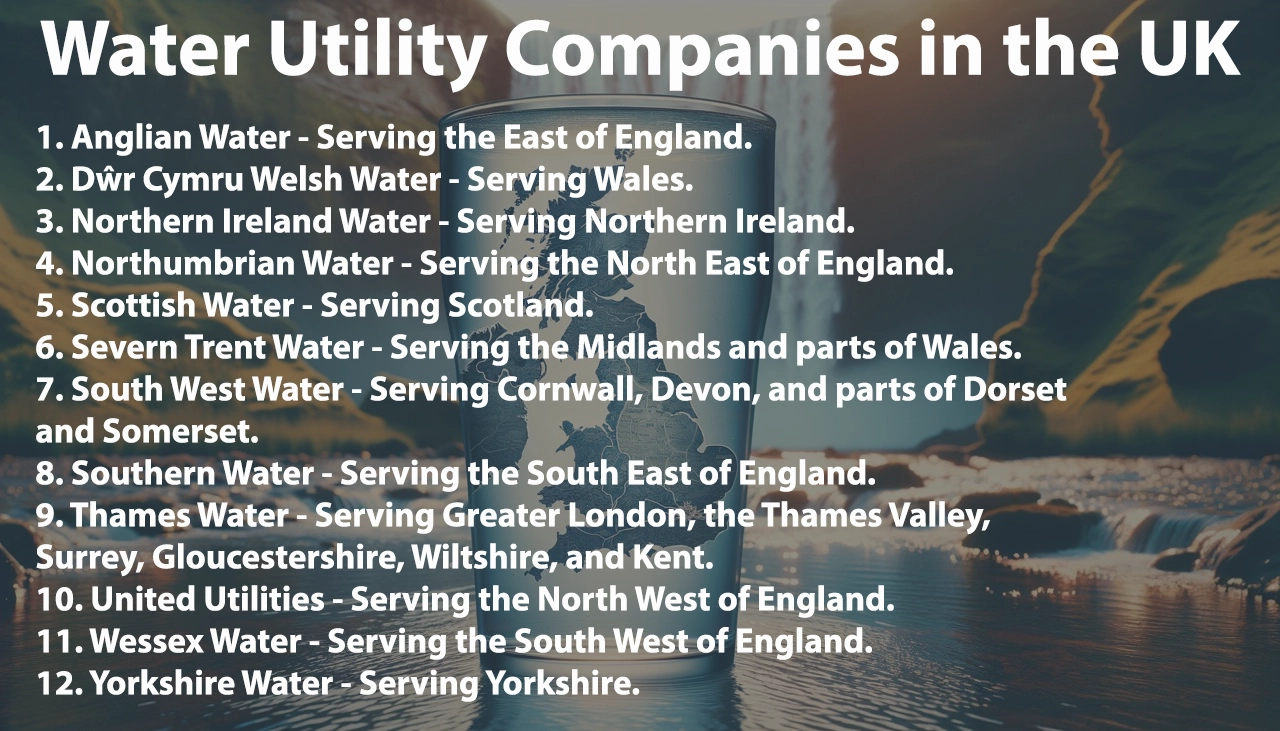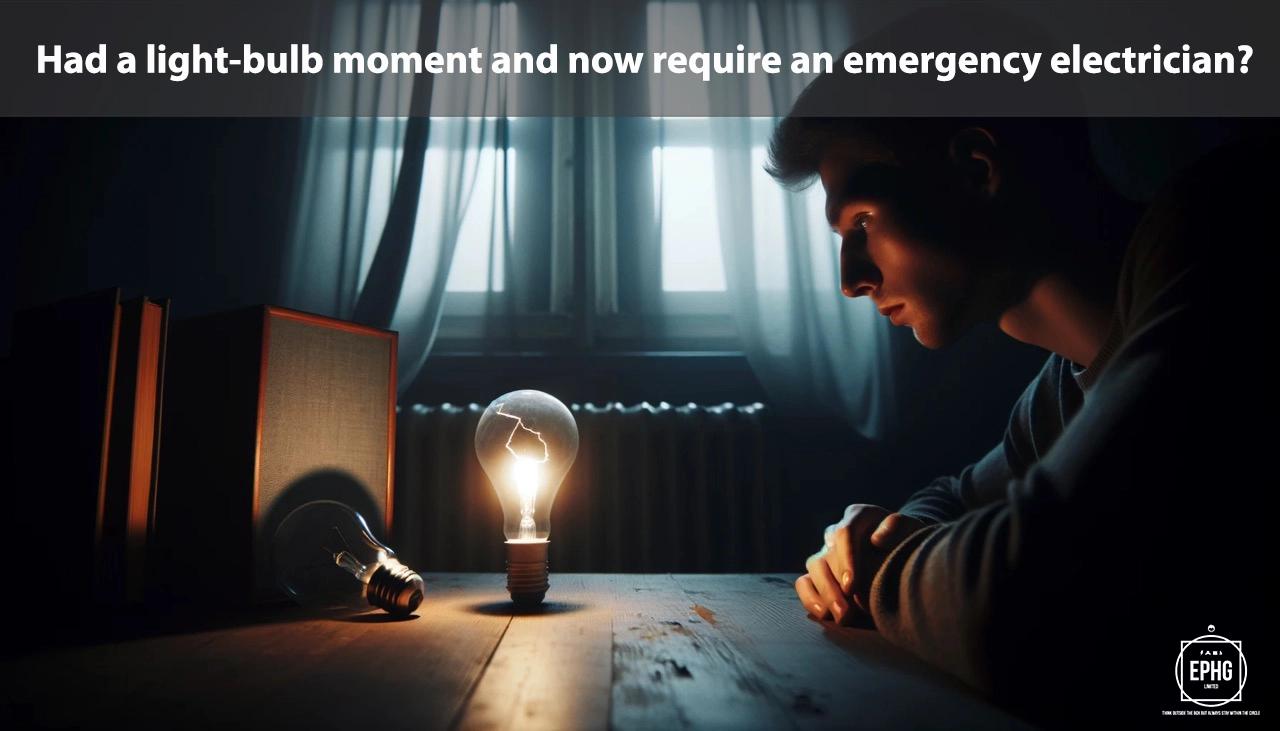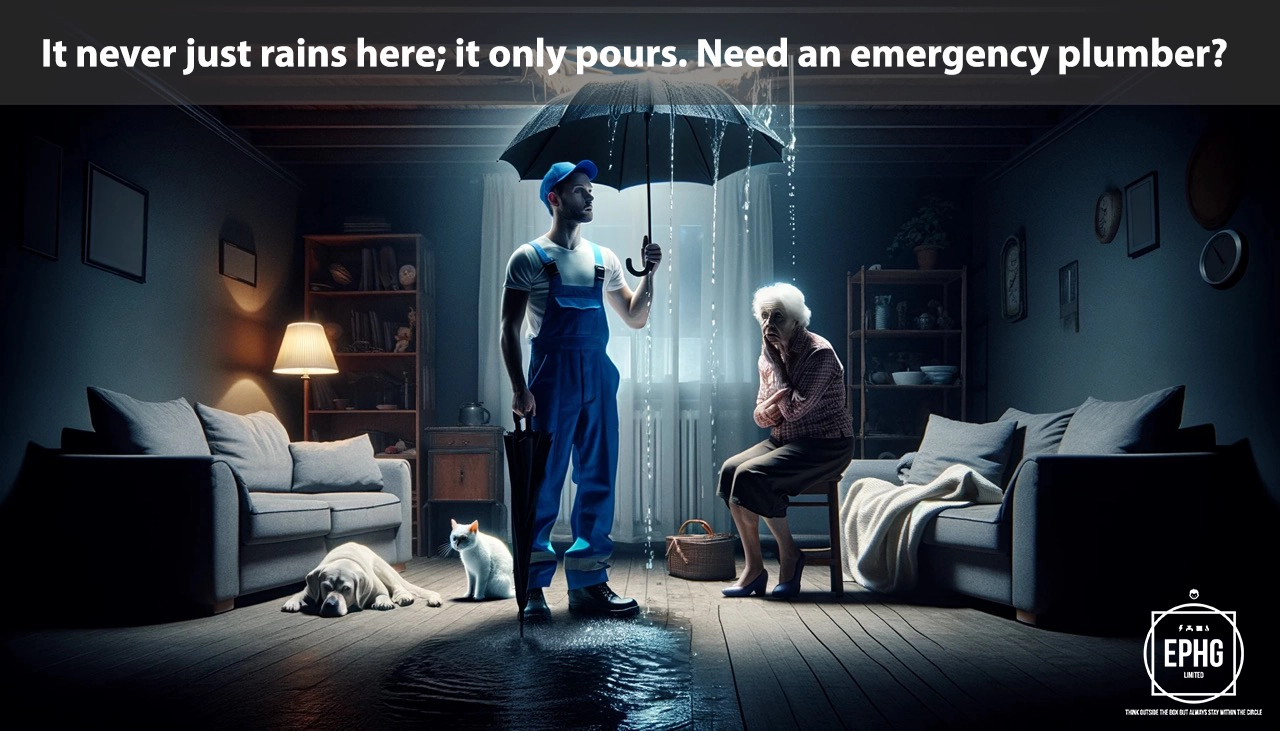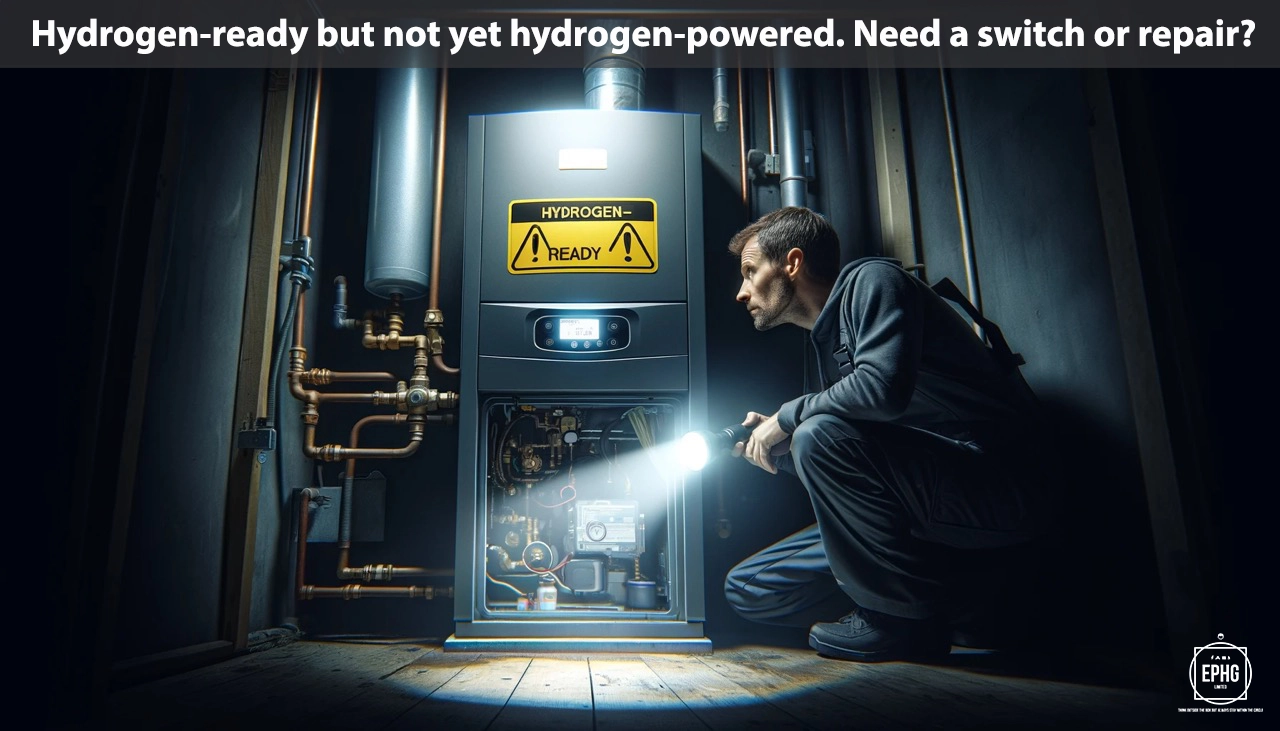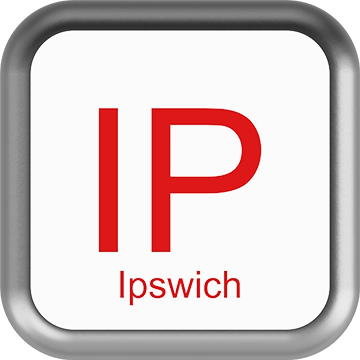
IP Postcodes for Utilities & Services in Ipswich and Surrounding Areas
Introduction: The IP postcode area, covering Ipswich and its surrounding regions, provides diverse insights into local utilities such as water and electricity, alongside other essential services.
Water in Ipswich and Surrounding Areas
Where does the water supply come from in the IP postcode area and is there ever a shortage of water?
In the IP postcode area, the primary sources of water supply are the River Orwell, River Stour, and the River Waveney, along with groundwater sources. These rivers and aquifers play a crucial role in providing the region with potable water, with treatment plants ensuring that water meets safety standards before distribution. While the IP area generally enjoys a reliable water provision, it is subject to the same challenges affecting many parts of the UK, such as climate change and population growth, which can lead to occasional water shortages. Water companies like Anglian Water manage these resources carefully, with a focus on sustainability and efficiency to ensure continued supply. Residents are encouraged to practice water conservation, especially during dry periods, to help maintain water levels.
What is the hardness & quality of the water in the IP postcode area and can this affect your health?
The water hardness in the IP postcode area varies, with generally moderate to hard water due to the geological makeup of the region. Hard water, characterized by higher levels of calcium and magnesium, is common in many parts of Suffolk and Norfolk. While hard water can lead to scaling in pipes and appliances, it is safe for consumption and can contribute to dietary mineral intake. The water quality is rigorously monitored to ensure it remains safe and clean, adhering to strict regulatory standards. While some residents may choose to use water softeners, the health impact of water hardness is minimal, and local water authorities maintain a commitment to providing high-quality water to all residents.
Electricity in Ipswich and Surrounding Areas
Where does the electric supply come from in the IP postcode area and what is the future of energy there?
The IP postcode area's electricity supply is transitioning from traditional fossil fuels towards a greater emphasis on renewable sources. The area benefits from solar farms, onshore wind farms, and is exploring the potential for offshore wind energy due to its proximity to the North Sea. Local initiatives also include small-scale hydroelectric projects and biomass energy conversion. Ipswich and the surrounding regions are part of a broader movement within the UK to embrace sustainable energy practices, reducing reliance on imported fuels and cutting carbon emissions. The future energy landscape in the IP area is aimed at a balanced mix, leveraging local renewable resources while ensuring a reliable supply for residential and commercial needs.
When is hydrogen coming to gas boilers in the IP postcode area?
Following national trends and commitments to reduce greenhouse gas emissions, the IP postcode area is set to gradually incorporate hydrogen technology into its energy matrix. This transition includes retrofitting existing gas networks to accommodate hydrogen, starting with pilot areas and expanding based on success and infrastructure compatibility. While the full-scale conversion is still in planning stages, residents are encouraged to consider energy-efficient upgrades and stay informed about new developments. Local authorities and energy providers will offer guidance and support as this clean energy alternative progresses.
Where Does the Wastewater Go in the IP Postcode Area?
In the IP postcode area, wastewater management involves a comprehensive system of collection, treatment, and disposal to protect public health and the environment. The region utilizes several modern wastewater treatment works, such as those near major rivers like the Orwell and Stour, ensuring that processed water meets or exceeds all regulatory standards before it is returned to the natural water cycle. These facilities are equipped to handle increasing demands from population growth and are part of ongoing investments to improve sewage treatment and stormwater management. The commitment to maintaining high-quality water treatment facilities reflects the area's dedication to environmental stewardship and community health.
Regions and Services:
The IP postcode area offers a rich tapestry of environments, from the bustling urban center of Ipswich to the charming and picturesque towns and villages of Suffolk and Norfolk. Key regions include:
- Ipswich: The hub of urban development in the region, Ipswich boasts comprehensive electrical and gas services along with a growing focus on renewable energy sources to meet the city's needs.
- Bury St Edmunds, Stowmarket, and Felixstowe: These towns offer a blend of historic charm and modern amenities, reflecting a commitment to both preserving the past and embracing the future, with developments in both traditional and renewable utilities.
- Aldeburgh, Framlingham, and Woodbridge: Characteristic villages known for their beauty and community spirit, increasingly adopting renewable energy initiatives to complement existing utilities and reduce environmental impact.
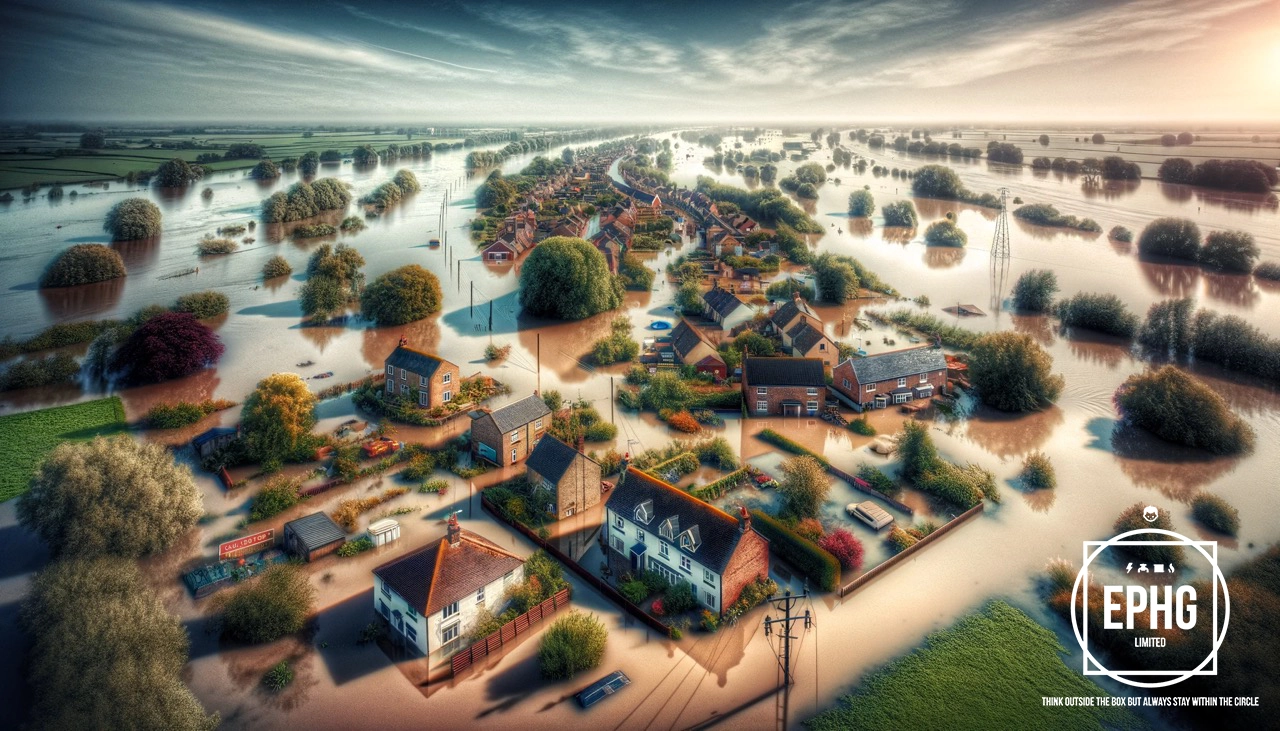
Regions within the IP Postcode
Ipswich and Surrounding Areas
- IP1: Ipswich Central, Stoke Park, Westbourne
- IP2: Chantry, Gipping, South West Ipswich
- IP3: East Ipswich, Warren Heath, Ravenswood
- IP4: North East Ipswich, Rushmere St Andrew, Kesgrave
- IP5: Martlesham Heath, Kesgrave
- IP6: Needham Market, Creeting St. Mary
- IP7: Hadleigh, Layham, Raydon
- IP8: Sproughton, Copdock, Belstead
- IP9: Shotley Peninsula: Capel St Mary, Chelmondiston, Shotley
- IP10: Kirton, Nacton, Levington
Wider Suffolk and Norfolk Areas
- IP11: Felixstowe, Trimley St Martin, Trimley St Mary
- IP12: Woodbridge, Orford, Rendlesham
- IP13: Wickham Market, Framlingham, Easton
- IP14: Stowmarket, Stowupland, Badley
- IP15: Aldeburgh, Thorpeness
- IP16: Leiston, Sizewell, Theberton
- IP17: Saxmundham, Kelsale, Carlton
- IP18: Southwold, Reydon, Walberswick
- IP19: Halesworth, Holton, Wenhaston
- IP20: Harleston, Redenhall with Harleston
- IP21: Diss areas: Stradbroke, Wingfield
- IP22: Diss, Roydon, Brome
- IP23: Eye, Stoke Ash, Thornham Magna
- IP24: Thetford, Rushford
- IP25: Watton, Carbrooke, Ovington
- IP26: Brandon, Weeting, Lakenheath
- IP27: Brandon, Lakenheath
- IP28: Mildenhall, West Row, Beck Row
- IP29: Bury St Edmunds areas: Barrow, Whepstead
- IP30: Bury St Edmunds areas: Cockfield, Woolpit
- IP31: Bury St Edmunds areas: Pakenham, Ixworth
- IP32: Bury St Edmunds
- IP33: Bury St Edmunds
- IP98: Non-geographic
